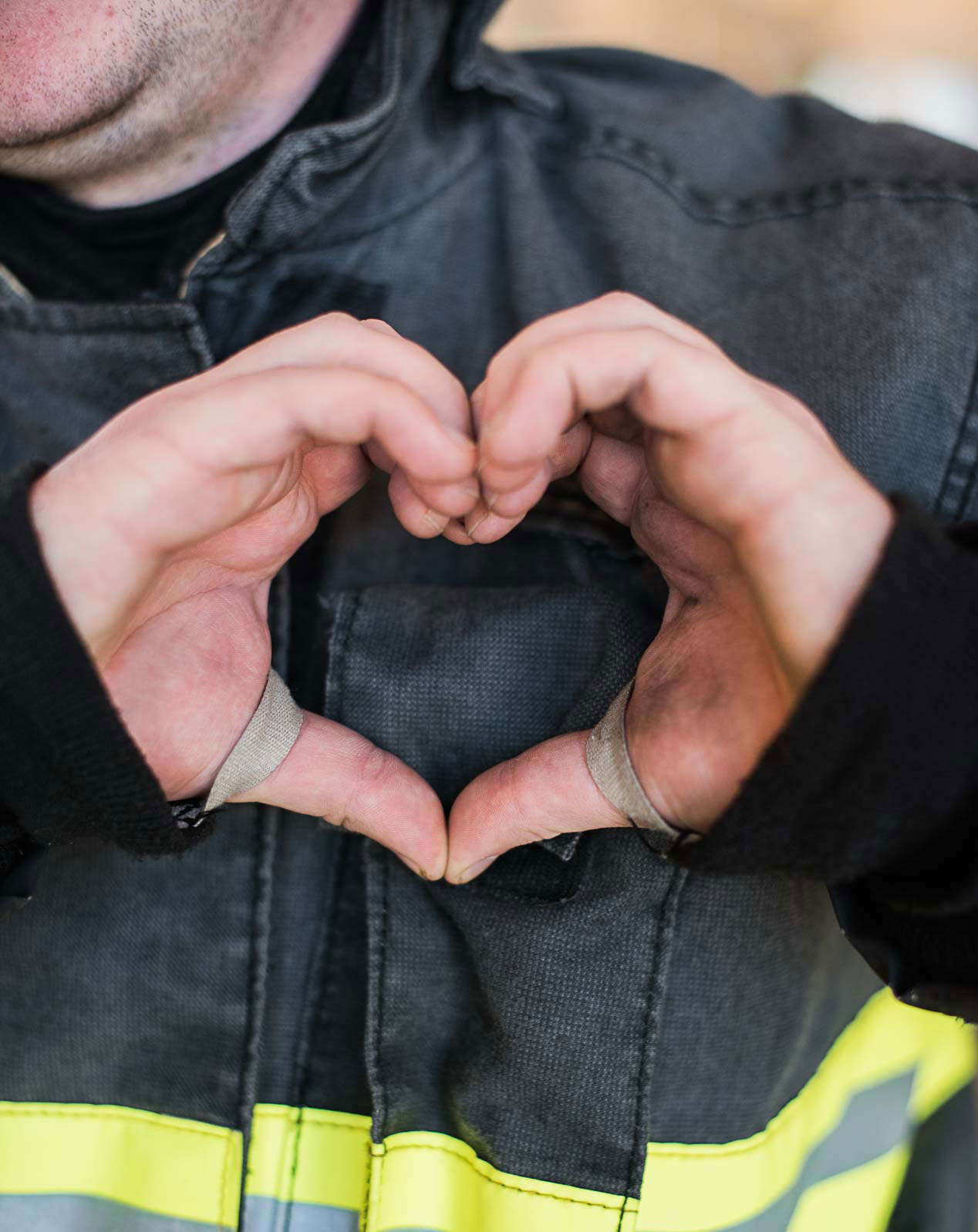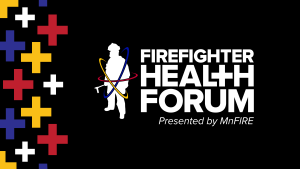Cardiovascular disease is the number-one killer of firefighters nationwide and is by far the leading cause of line-of-duty deaths in the fire service.
According to the International Association of Firefighters, more than 12 percent of all firefighters will develop heart disease at some point in their lives. Even young and healthy firefighters suffer from hardened arteries and impaired heart function after just three hours of prolonged firefighting, according to a 2010 study from the Illinois Fire Service Institute.
So how can you be a more heart-healthy firefighter this year for yourself, your department and your loved ones ? Below are six places to start:
1. Commit to a Healthy Diet
Eating a diet rich in whole foods, lean proteins and vegetables can be one of the biggest influencers on improving your heart health. The first step to pursuing a healthy diet is educating yourself on what constitutes as a healthy dish and how you can prepare it. Check out our Chef Marshall O’Brien trainings for resources that can help you pursue nutrition and that are specifically catered toward firefighters. Finally, explore the tracking applications available on your phone or smart devices that will allow you to document your eating habits, improve portion control and food selections.
2. Get Moving
Working out regularly has so many benefits, but even 30 minutes of exercise 3-4 times per week can help you lose weight, improve cholesterol, and even lower your blood pressure substantially. Commit to get moving at least a couple times per week and your heart will thank you. For those who already maintain a physical activity regimen, try incorporating some high intensity interval training that mimics firefighting duties on a weekly basis to improve your readiness for the extreme physical challenge of the job. Strength training is also a critical element of physical readiness for firefighters because muscular fitness and capacity reduces cardiovascular demand.
3. Find Healthy Ways to Manage Your Stress
Traumatic stress can also increase your risk of heart attack. A study from the University of California – San Francisco found that even limited exposure to trauma can boost inflammation in the body, a key risk factor for heart disease. Finding healthy ways to manage your stress and reduce the effects of the trauma firefighters experience everyday will be key to keeping your cardiovascular system strong. Look into methods like meditation, regular exercise or therapy to support your emotional wellness, and ultimately, improve your physical health.
4. Commit to Quit Smoking
With the cardiovascular stress already inflicted on firefighters, smoking can be especially detrimental to your health. The chemicals in cigarettes are proven to cause the cells that line your blood vessels to be swollen and inflamed. This causes the blood vessels to narrow and can result in multiple life-threatening cardiovascular issues, including stroke, coronary heart disease and aortic aneurysms. It’s never too late to quit, and the sooner you do, the better off your heart will be for it. Call 1-800-QUIT-NOW and work with a trained coach who can partner with you on a plan to kick the habit.
5. Sleep
Sleep also plays a crucial role in limiting cardiac issues. If firefighters do not get enough quality sleep, resting metabolic rates decrease and cause weight gain, increasing the risk of heart attack and stroke. It’s critical to maintain work schedules – by providing proper staffing – and allow firefighters to get enough sleep in order to help prevent cardiac disease.
6. Be an Advocate for Heart Health in Your Firehouse
Changing the culture of your firehouse to promote heart health can be helpful not only for your own personal wellness, but also for your firefighting colleagues. Small actions like swapping a donut spread for a healthier alternative, inviting others into fitness challenges, removing ash trays and leading through example can really go a long way in changing your department’s culture toward wellness and heart health.








